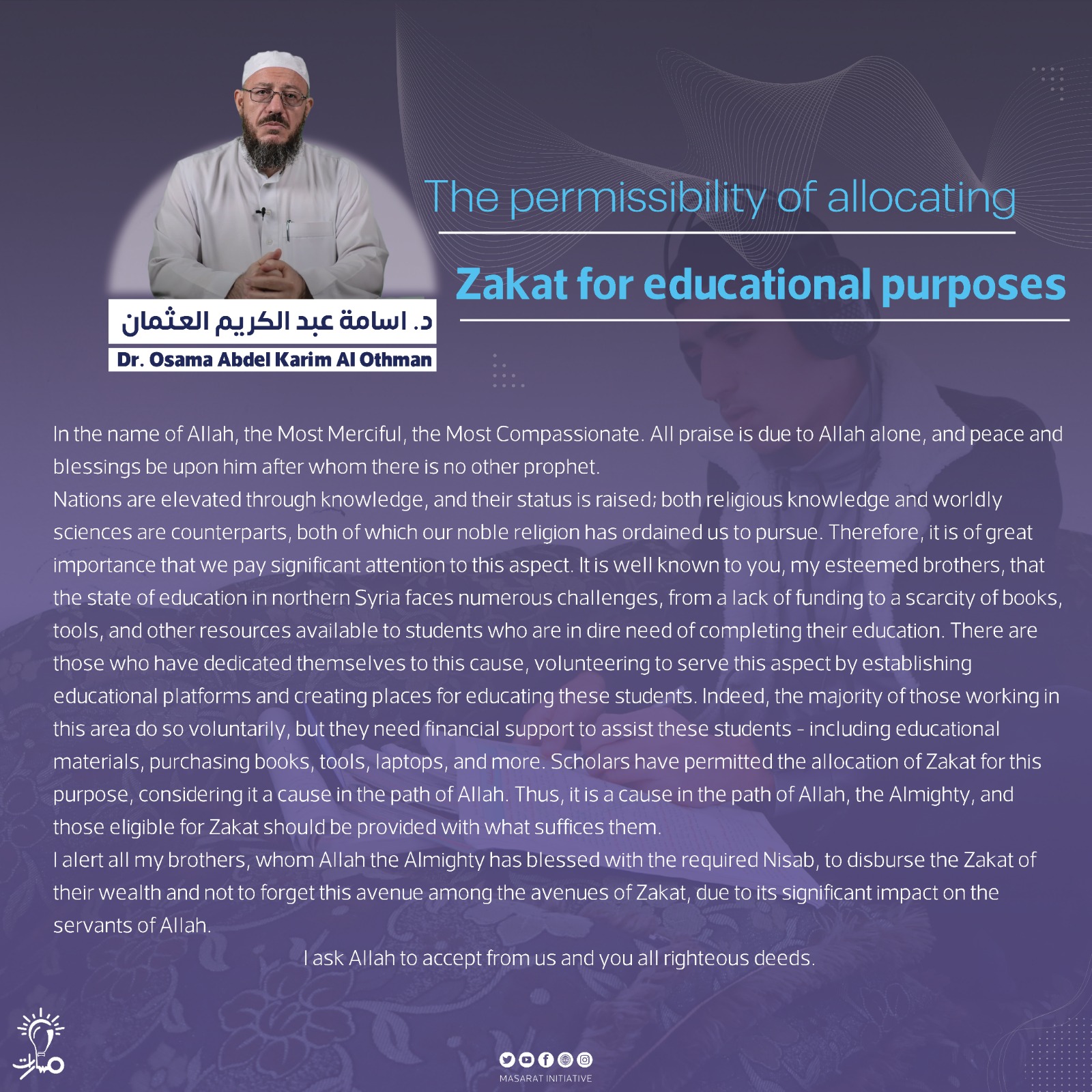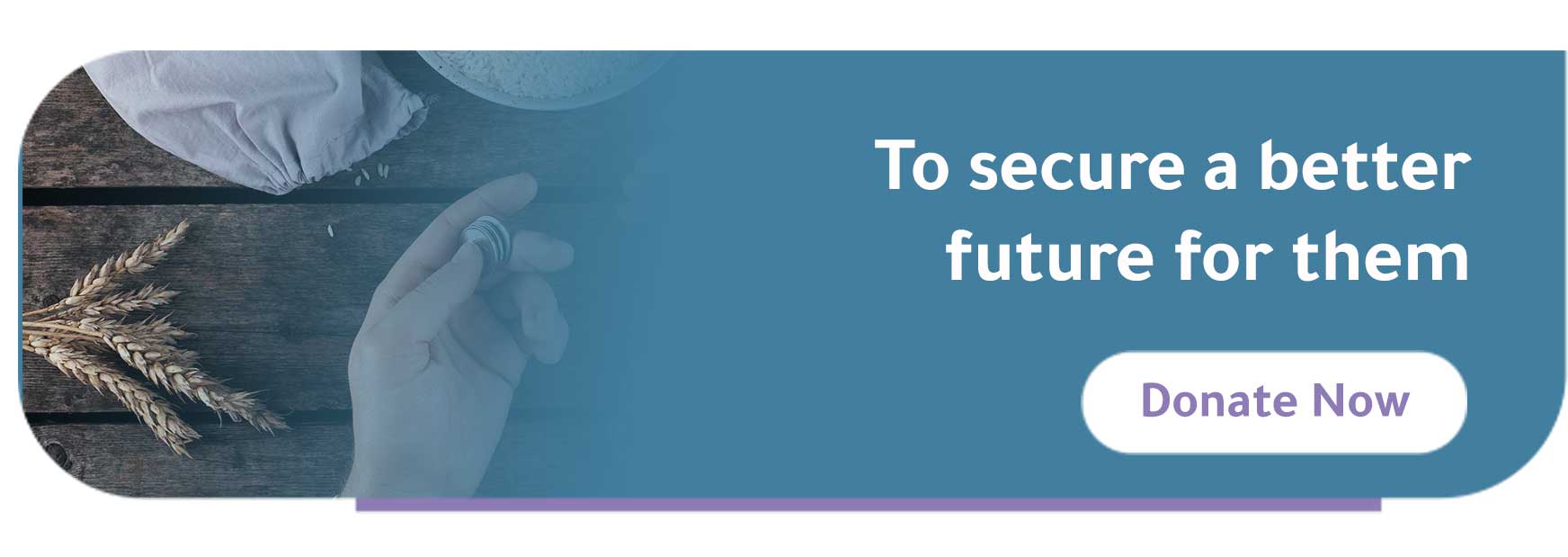With the arrival of Ramadan each year, discussions about Zakat al-Fitr, one of the most important Islamic duties, begin. This Zakat aims to purify fasting Muslims from sins and errors and to help the poor and needy, thereby enhancing the spirit of solidarity and sharing within the Islamic community.
As the discussion around it intensifies during this month, today’s article will detail the rulings and issues of Zakat al-Fitr in the Kingdom of Saudi Arabia, including the jurisprudential debate about the permissibility of paying it in cash and the correct ways to distribute it to ensure benefits and that Zakat reaches its rightful recipients optimally. Let’s begin.
Is Paying Zakat al-Fitr in Cash Permissible in Saudi Arabia?
Scholars have differing opinions on the issue of disbursing Zakat al-Fitr. A group from the Hanbali and Shafi’i schools sees the necessity of disbursing it in kind, such as food items like rice and barley, based on the Sunnah of the Prophet, while some Hanafis believe in the permissibility of paying it in cash to meet the financial needs of the poor. However, in the Kingdom of Saudi Arabia, it is preferred to follow the Prophetic guidance by disbursing it from food, amounting to three kilograms, to achieve the ultimate purpose behind it.
How Much is Zakat al-Fitr Per Individual in Saudi Riyals?
According to the teachings of Prophet Muhammad peace be upon him, Zakat al-Fitr is set at one Sa’ per individual, which is approximately equivalent to three kilograms of grains, dates, or rice. It is also permitted to pay the Zakat in cash, equivalent to the value of this quantity of food, ranging between 20 to 30 Saudi Riyals for the convenience of the Zakat payer.
To ensure accuracy when paying Zakat in cash, one must verify the current market value of three kilograms of rice or barley and pay the equivalent amount in money.
When Does the Time for Disbursing Zakat al-Fitr Begin?
Zakat al-Fitr becomes obligatory on every Muslim as soon as the sun sets on the last day of Ramadan, and it can be paid until the dawn of Eid al-Fitr. However, Muslims are allowed to pay it one or two days before Eid to meet the needs of the poor and the needy and enrich them without having to ask on the day of Eid.
Calculating the Amount of Zakat al-Fitr in Cash for Families in Saudi Arabia
Zakat al-Fitr is paid with a Sa’ of the Muslim’s staple food in their country, such as rice, dates, or barley, reflecting Muslims’ commitment to supporting the poor and emphasizing the importance of social solidarity.
Is It Permissible to Pay Zakat al-Fitr Electronically or Online in Saudi Arabia?
In light of the technological advancements in Saudi Arabia, electronic platforms have been launched to facilitate the payment of Zakat al-Fitr in cash, helping ensure that financial support directly reaches the poor and needy through cooperation with accredited charitable organizations.
Donating Zakat al-Fitr in Saudi Arabia to Syrian Camps
Some scholars have permitted the payment of Zakat al-Fitr in cash by sending it through organizations and institutions responsible for aiding needy Muslims; this constitutes an authorization to disburse Zakat, which is permissible. Zakat al-Fitr can be sent to Syrian camps due to their dire need under the conditions they live in, with children in the camps being in desperate need of Zakat al-Fitr.
Masarat Initiative for Education in Syria
Under the conditions of displacement and migration that students live in, amidst the daily challenges they face, their struggle to cope with life without education becomes apparent, with the lack of educational resources and difficult living conditions being the biggest obstacles for our children and women.
Therefore, the Masarat initiative for online education (“online”) serves as the optimal solution to provide educational opportunities, allowing students to continue their studies without restrictions or school systems, but simply by joining the Masarat initiative. It is a free educational initiative offering sustainable solutions to continue the educational process in line with global education requirements.
By sending your donations and Zakat al-Fitr, Masarat will be able to provide its educational and knowledge services to those in need of such opportunities; thus, increasing the number of targeted students. So, be the helping hand that assists them in achieving their hopes and ambitions to build their future with knowledge and education.









